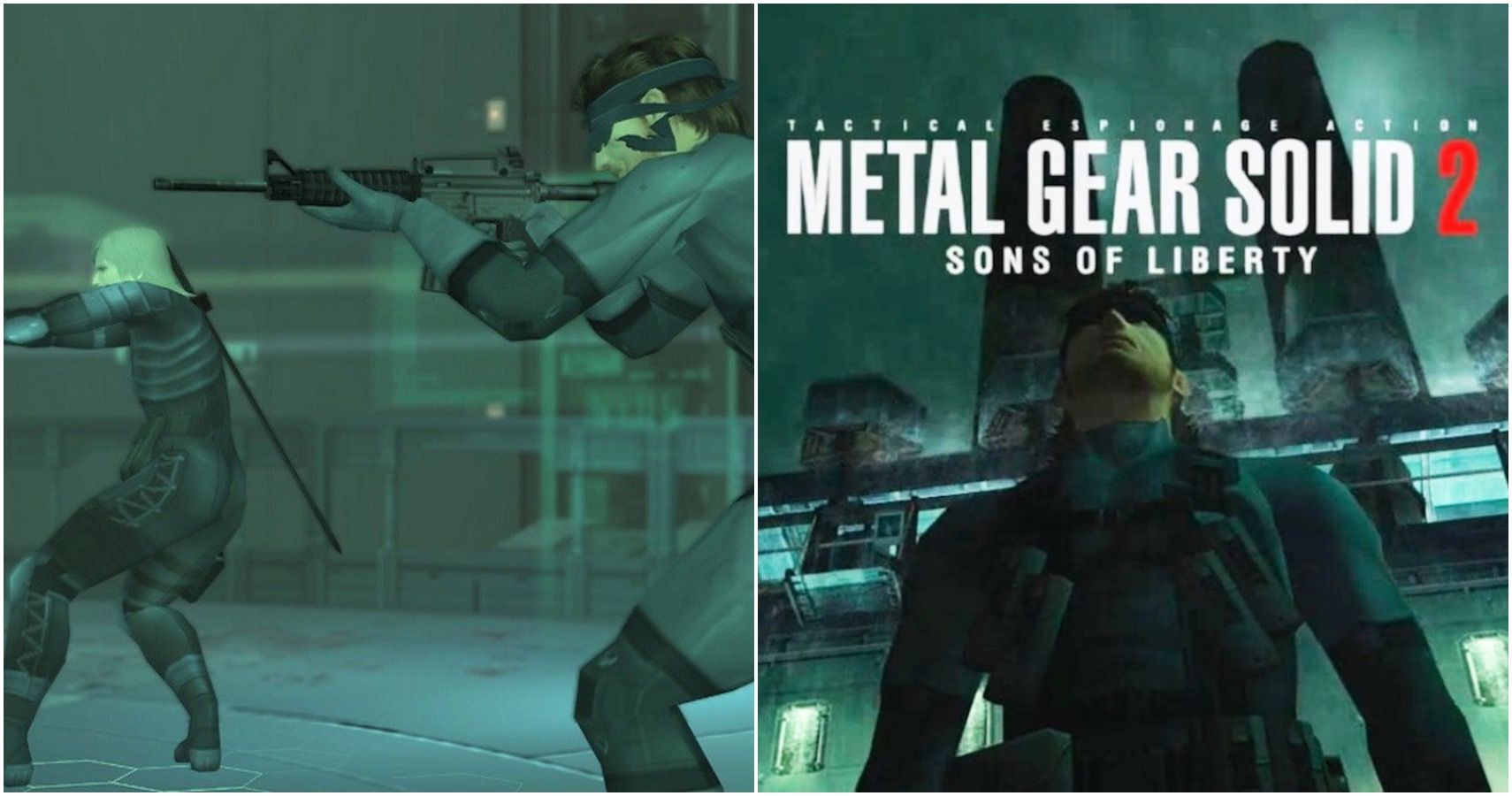
For anybody who was not around in 2001 or aware of the gaming landscape, it is difficult to accurately describe the impact Metal Gear Solid 2 had on the medium. The gameplay puts players into a setting with an unprecedented level of environmental interaction and realism, and the story explores themes most games never even dared touching beforehand.
Related: 10 Gaming Studios That Could Actually Handle A Metal Gear Reboot
It is still considered one of the greatest games of all time and continues influencing modern titles, most recently The Last of Us Part II. The ten stories about the game's development will help better appreciate all the effort and thought that went into this masterpiece.
10 Multiplayer Was A Planned Feature
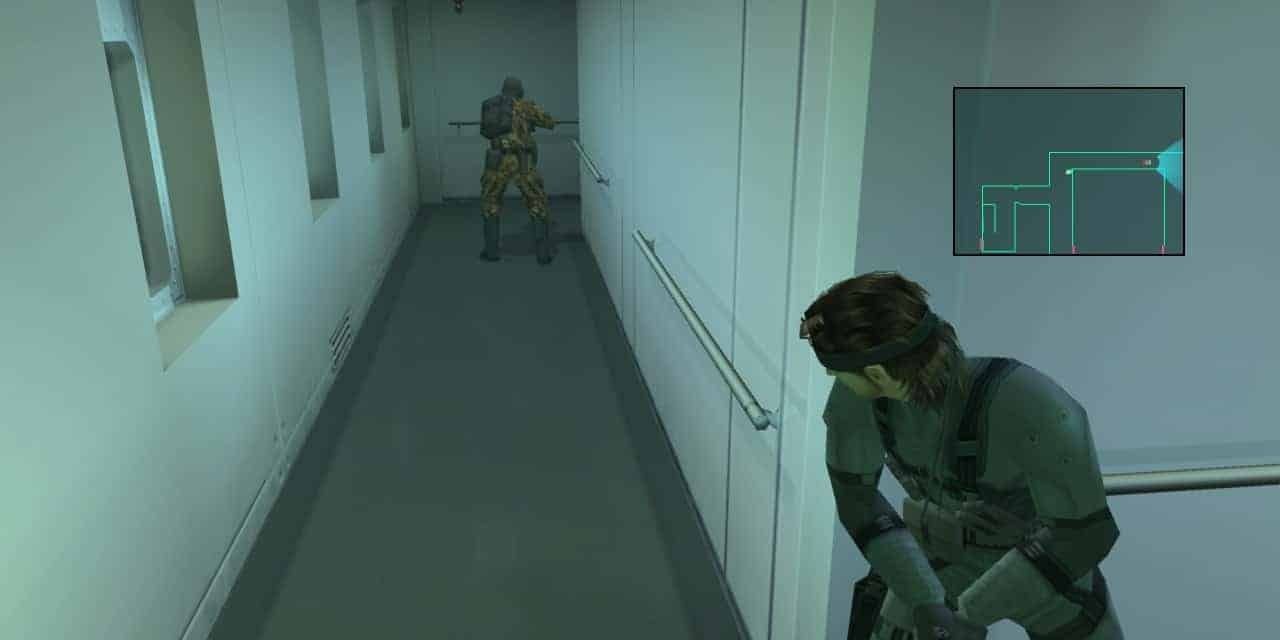
In Hideo Kojima's early vision for the game, multiplayer was a planned feature. The original design document, which was translated into English by Jesse Johnson, details a split-screen mode that would have had either direct fights between two players or a "hide-and-seek" mode more reflective of the series' gameplay. Considering the game's technical prowess, it is easy to imagine the difficulty in making a split-screen multiplayer mode. Online multiplayer would finally come to the franchise with Metal Gear Solid 3: Subsistence.
9 The Document Of Metal Gear Solid 2
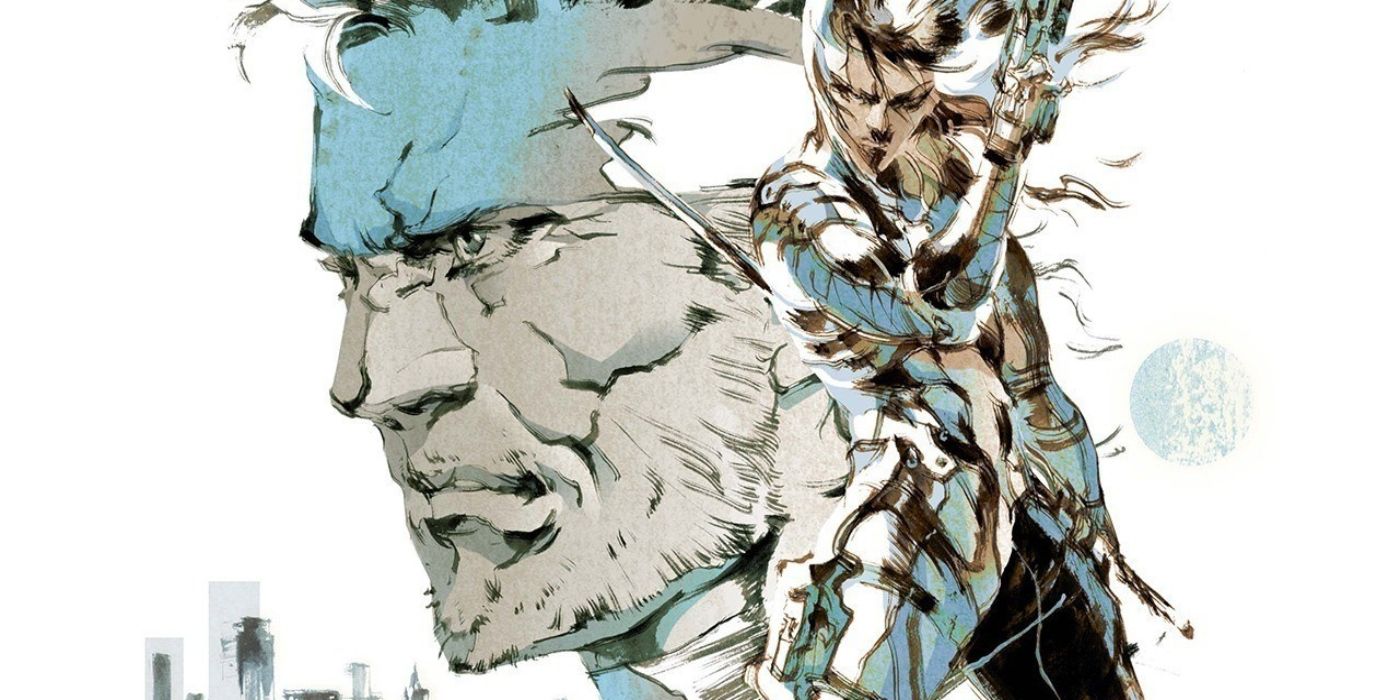
Even with the rise in gaming journalism and a focus on gaming preservation, plenty of important parts of gaming history are lost. This makes the existence of The Document of Metal Gear Solid 2 all the more special.
Related: 10 Best Villains In The Metal Gear Franchise
Sold as a separate game in North America, the disc contains a slew of bonus content relating to the sequel, including the entire script. Players can also view every cutscene and control the camera during them. Unfortunately, the HD re-release does not include the bonus features.
8 Iroquois Pliskin Was Originally Blonde
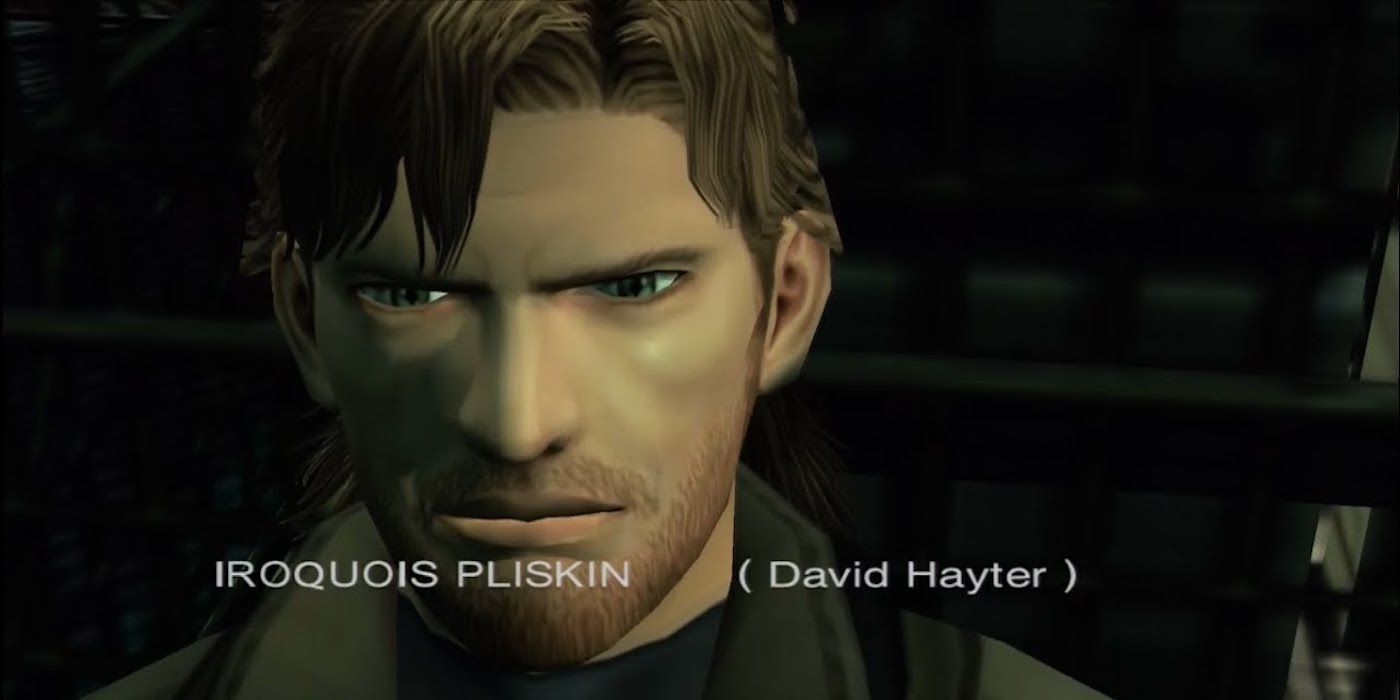
Solid Snake introduces himself as Iroquois Pliskin. The player can immediately recognize him, however. Yoji Shinkawa's original art for the character had him with blonde hair and the intention was for the player to also question whether or not Pliskin was indeed Solid Snake or not. Ultimately this idea was dropped and Pliskin's identity is clear from the start.
7 Raiden Was Made Partly To Attract A Wider Audience
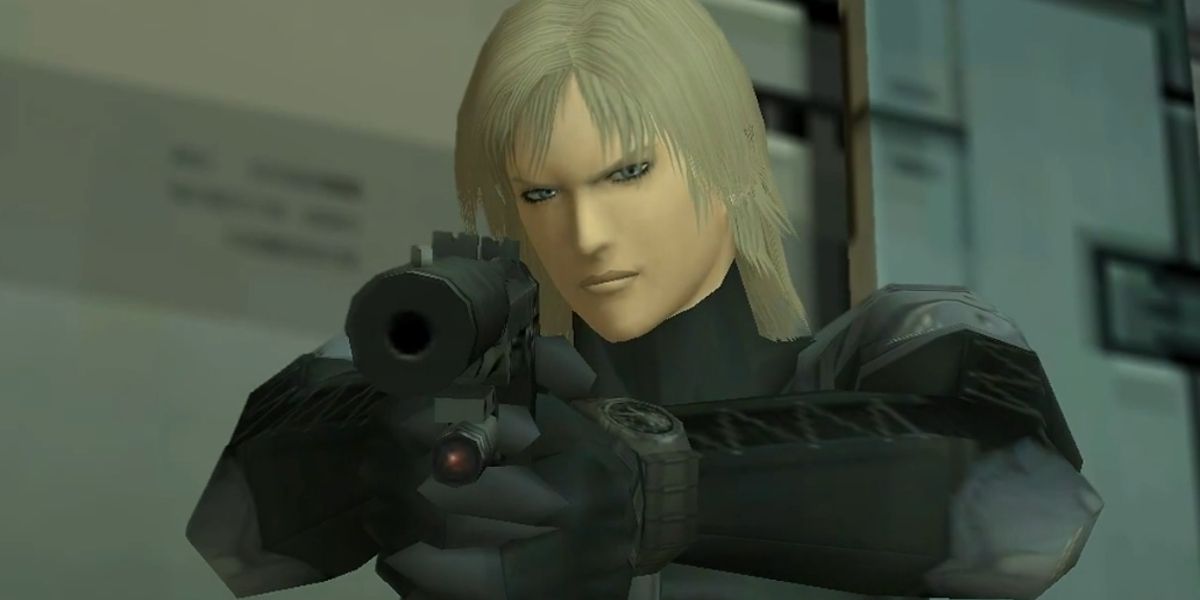
One could write whole essay's about the relevance of Raiden in Metal Gear Solid 2 in regards to the themes and messages the game tries to convey. There is also a simpler reason for making him the protagonist through the majority of the game. His different appearance and personality was made to attract a wider audience. Snake was too gruff and tumble for certain demographics, and Raiden's softer features would grab this audience. The design document specifically mentions the character meaning to appeal more to women.
6 It Was Originally Called Metal Gear Solid III
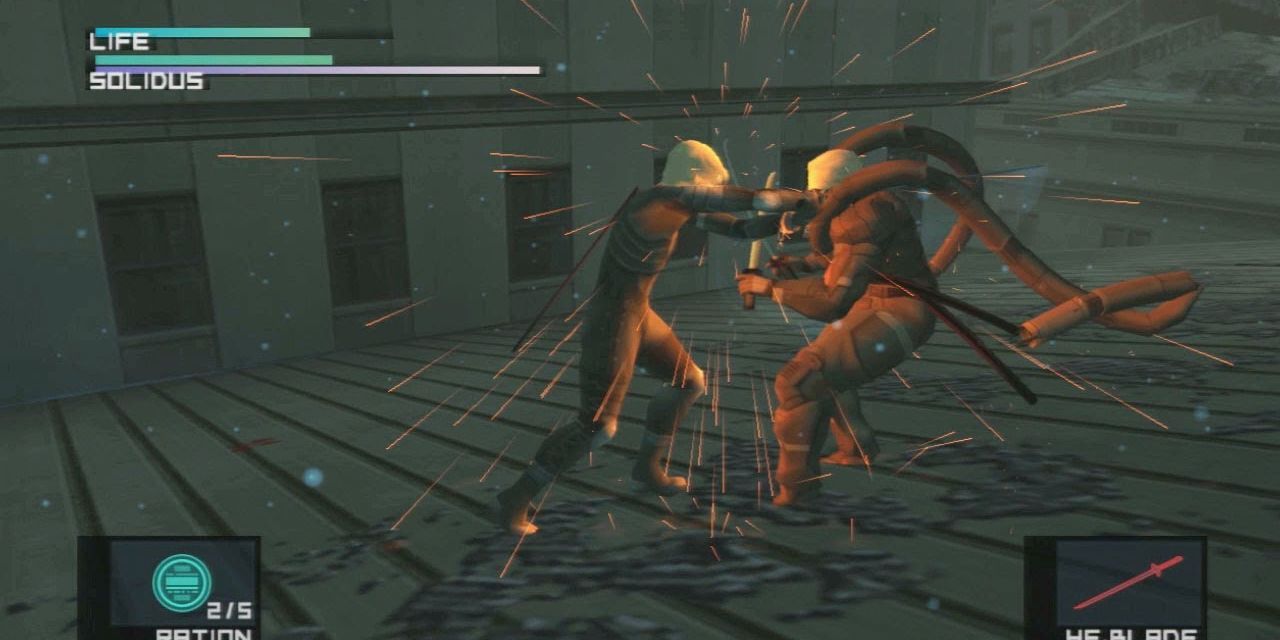
For a short time in development, the game was to be called Metal Gear Solid III, with the last part of the title representing the three tallest skyscrapers in New York City. Ultimately, the more conventional title was used. Even though only a fraction of the story takes place in Manhattan and is really set on the Hudson River, the game still maintains a notably New York feel. The game deals with the fate of the country and the freedom of information, so what better place to set this story than a place of cultural and financial significance?
5 It Had An Extremely Famous Demo
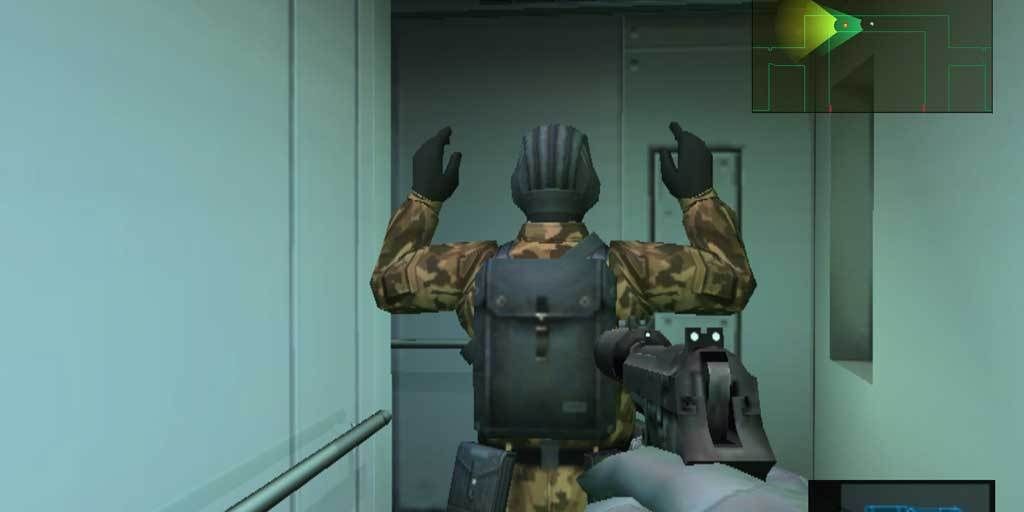
The hype for the game started immediately once the first trailer dropped. The graphics were truly unbelievable. Fans had the opportunity to play it more than six months before release thanks to a demo included with Zone of the Enders, which Hideo Kojima also produced. The demo includes the intro of the game until right before the first boss battle with Olga. Those anticipating the game ran through the demo countless times, playing with the AI and discovering all the things Snake can do with the environment.
4 Sharks Were Originally A Part Of The Game
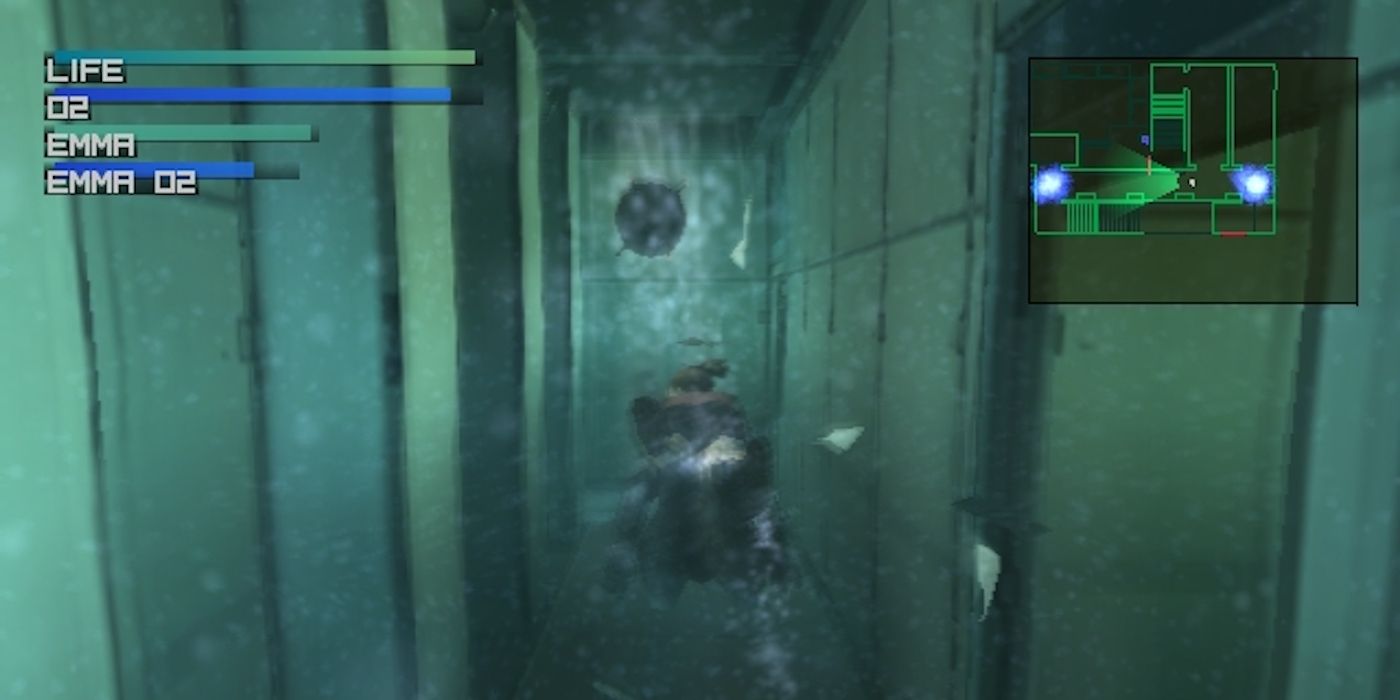
The original design document includes many other ideas that did not make into the final product for a variety of reasons. For example, a sequence with sharks in the Hudson River was going to be a part of the campaign. The part was dropped, most likely after somebody explained to Hideo Kojima that sharks did not swim in the Hudson River. Those familiar with the game designer's work know this is not the wildest idea Hideo Kojima has had. It is not even the wildest to actually make it into a game.
3 Some Parts Of The Game Were Censored After 9/11
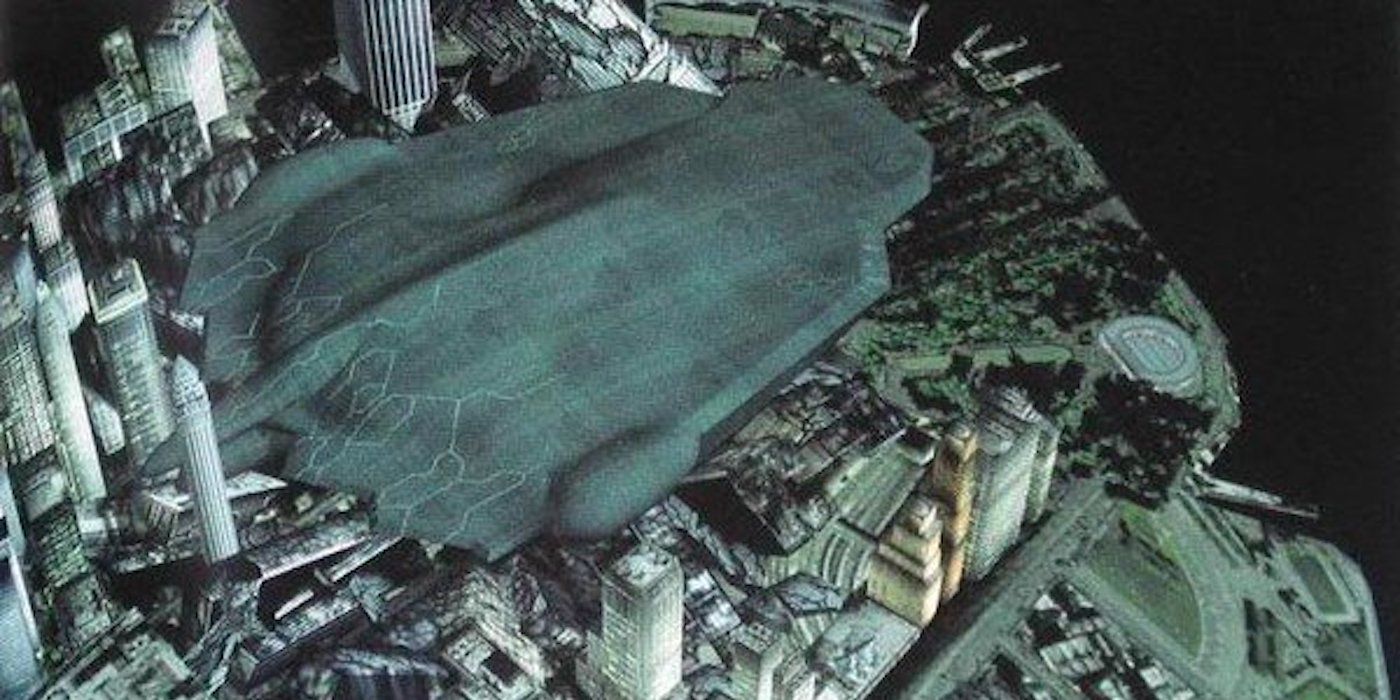
After the 9/11 attacks in 2001, some parts of the game were altered or censored to be sensitive towards the recent events. A scene featuring Arsenal Gear crashing into Manhattan was taken out, and all the flags on Federal Hall were removed.
Related: 10 Things You Didn't Know Were Cut From Metal Gear Solid 2
It is understandable to make these changes due to the intense tragedy, it is just unfortunate these were not added in 2011 during the re-release. It is far from the only game to see changes at the last minute due to the attack.
2 It Originally Took Place In The Middle East
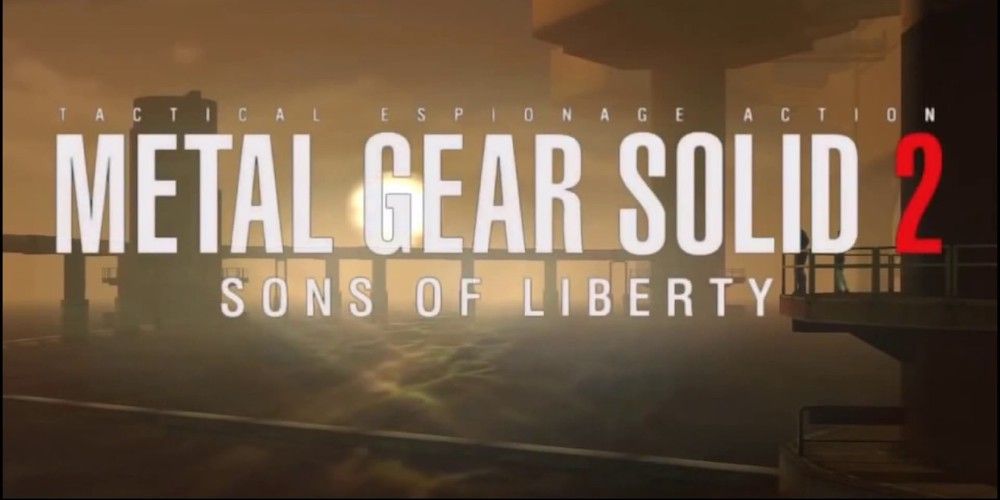
Before settling on New York City, the original story took place in Iran or Iraq and was to deal with nuclear weapons inspections. Snake would have to thwart a terrorist plot in one of these facilities. The setting and story ultimately changed partly due to Hideo Kojima's worries about setting a game and commenting on an area with so much political instability. Meta Gear Solid V: The Phantom Pain would eventually take place partly in Afghanistan during the Soviet-Afghan war.
1 City Of Glass Was A Huge Influence On The Title
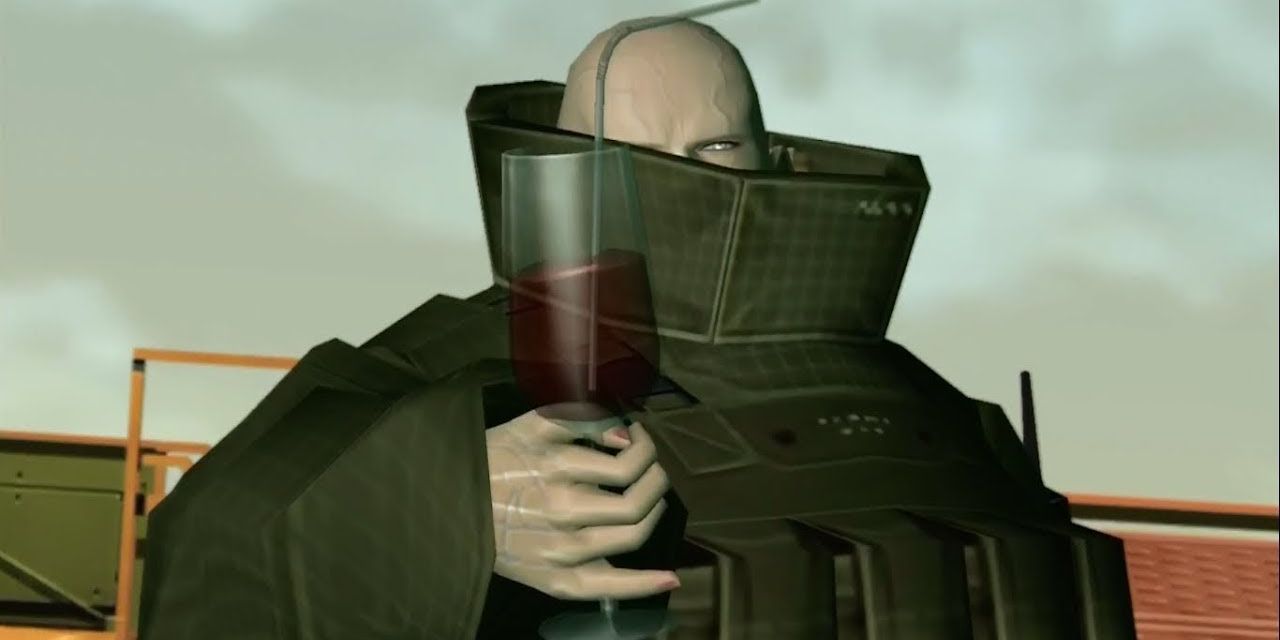
Everybody knows Hideo Kojima is a huge cinephile. He is also an avid reader, and several novels had a huge impact on Metal Gear Solid 2. The design document points out Paul Auster's City of Glass as a significant influence. It goes beyond just having some characters share names. City of Glass deals with identity in a similar way to Metal Gear Solid 2, albeit within the context of a detective novella and not a science fiction military drama.

